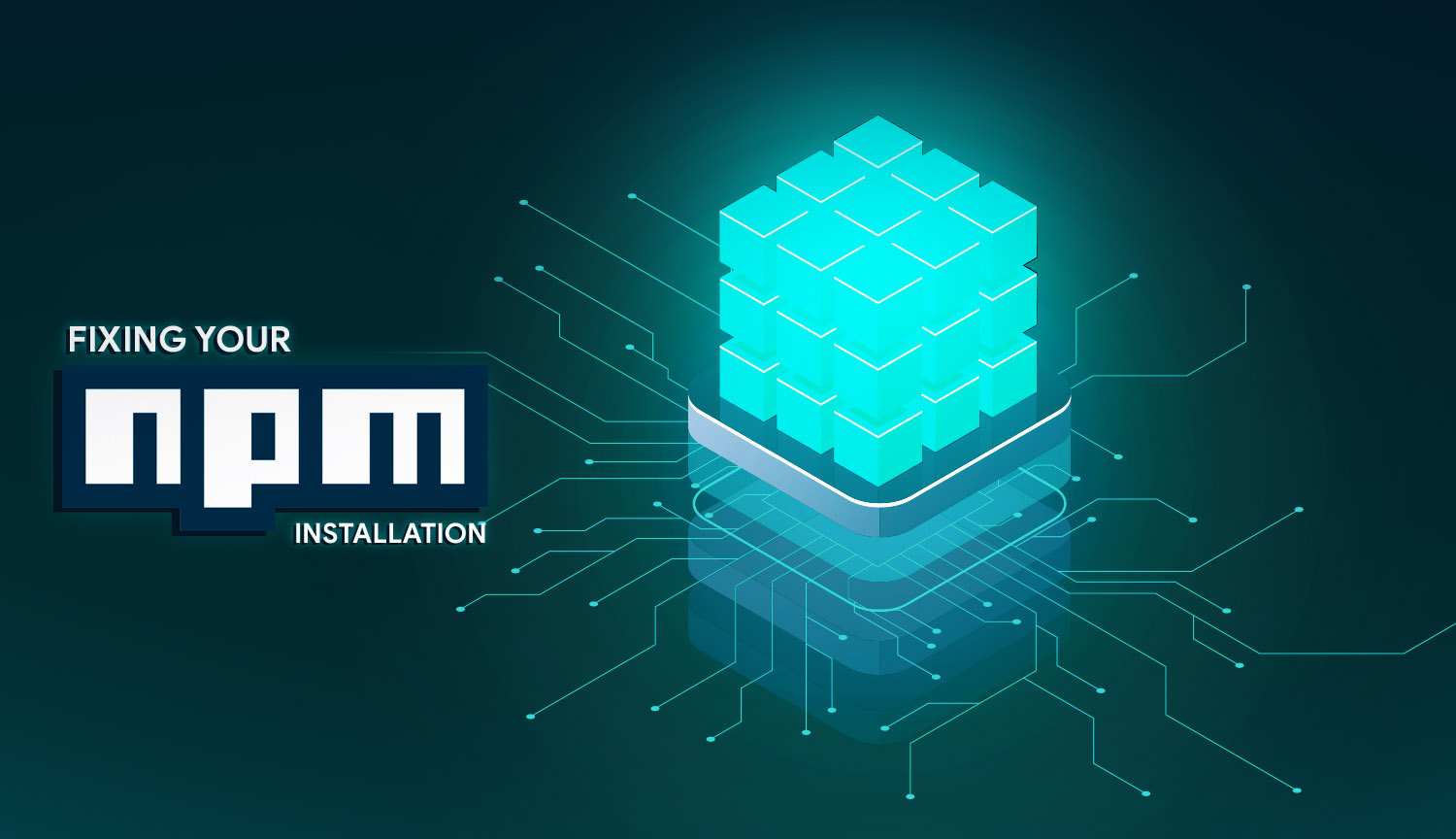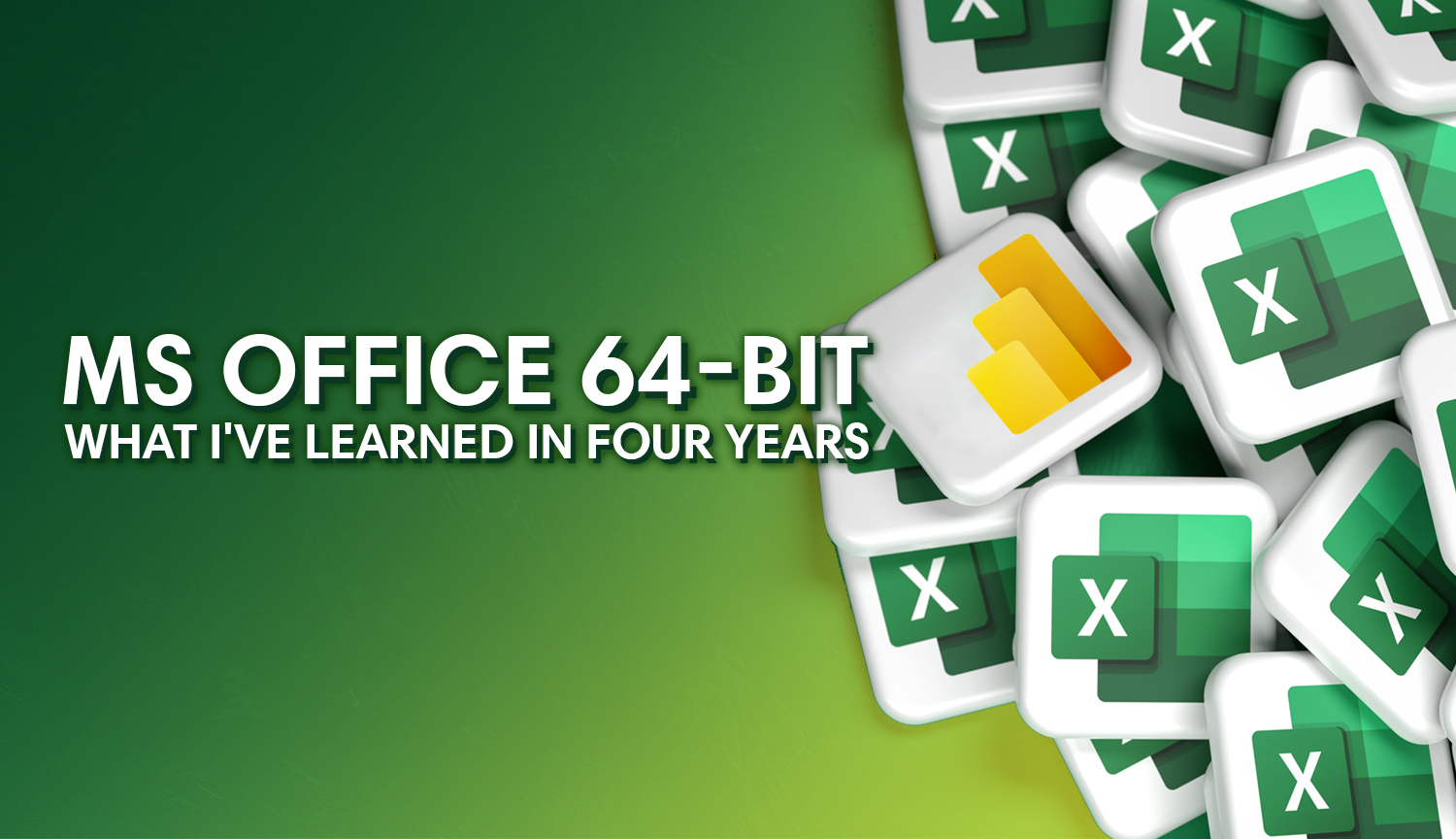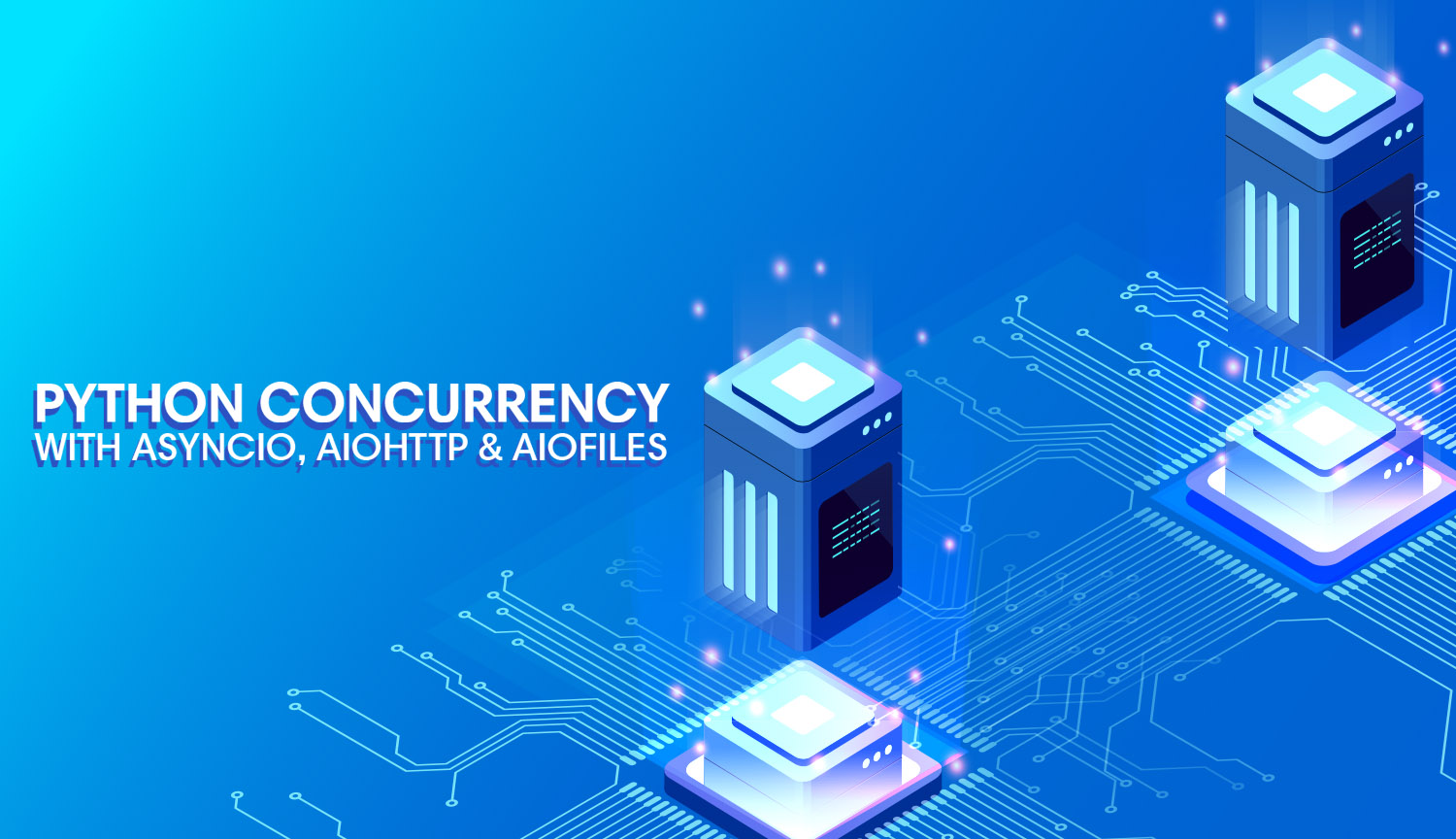There's a bit of a headache going around with respect to global npm permissions. For those of us working on Unix-based systems, it's not uncommon to come across error messages complaining about your user permissions whenever installing new npm packages, especially when installing them globally.
If errors like the one below look familiar, you're not alone:
npm WARN checkPermissions Missing write access to /Users/toddbirchard/.npm-packages/lib/node_modules
npm ERR! path /Users/toddbirchard/.npm-packages/lib/node_modules
npm ERR! code EACCES
npm ERR! errno -13
npm ERR! syscall access
npm ERR! Error: EACCES: permission denied, access '/Users/toddbirchard/.npm-packages/lib/node_modules'
npm ERR! { [Error: EACCES: permission denied, access '/Users/toddbirchard/.npm-packages/lib/node_modules']
npm ERR! stack:
npm ERR! 'Error: EACCES: permission denied, access \'/Users/toddbirchard/.npm-packages/lib/node_modules\'',
npm ERR! errno: -13,
npm ERR! code: 'EACCES',
npm ERR! syscall: 'access',
npm ERR! path: '/Users/toddbirchard/.npm-packages/lib/node_modules' }
npm ERR!
npm ERR! The operation was rejected by your operating system.
npm ERR! It is likely you do not have the permissions to access this file as the current user
npm ERR!
npm ERR! If you believe this might be a permissions issue, please double-check the
npm ERR! permissions of the file and its containing directories, or try running
npm ERR! the command again as root/Administrator (though this is not recommended).
npm ERR! A complete log of this run can be found in:
npm ERR! /Users/toddbirchard/.npm/_logs/2019-05-05T20_36_45_642Z-debug.logThis is a textbook case of being trigger-happy with the sudo command. If you're installing npm as a user other than root, it's a bad idea to install Node + npm with the sudo command. If a non-root user installs dependencies by escalating privileges via sudo, the installation will appear to succeed. However, we've just created a scenario where the user in question does not have permission to modify global npm the user just installed (nor modify/install packages). When we installed Node/NPM with sudo, we handed exclusive ownership to the root user. That would mean we'd have to specify sudo before every global package install, which is annoying but more importantly unrealistic.
It gets worse. Npm packages that require post-install scripts to be run simply become impossible to install. Sometimes you might be able to get away with the following, but only if the scripts aren't necessary:
$ npm i -g [package-name] --ignore-scriptsWhen the scripts are necessary, like in the case of node-sass, we're shit outta luck. Using the --ignore-scripts flag just results in a broken install. Attempting to install using sudo looks like this:
$ sudo npm i -g node-sass
[sudo] password for todd:
/home/todd/.npm-global/bin/node-sass -> /home/todd/.npm-global/lib/node_modules/node-sass/bin/node-sassUh oh....
Unable to save binary /home/todd/.npm-global/lib/node_modules/node-sass/vendor/linux-x64-64 : { Error: EACCES: permission denied, mkdir '/home/todd/.npm-global/lib/node_modules/node-sass/vendor'
at Object.mkdirSync (fs.js:753:3)
at sync (/home/todd/.npm-global/lib/node_modules/node-sass/node_modules/mkdirp/index.js:71:13)
at Function.sync (/home/todd/.npm-global/lib/node_modules/node-sass/node_modules/mkdirp/index.js:77:24)
at checkAndDownloadBinary (/home/todd/.npm-global/lib/node_modules/node-sass/scripts/install.js:114:11)
at Object.<anonymous> (/home/todd/.npm-global/lib/node_modules/node-sass/scripts/install.js:157:1)
at Module._compile (internal/modules/cjs/loader.js:689:30)
at Object.Module._extensions..js (internal/modules/cjs/loader.js:700:10)
at Module.load (internal/modules/cjs/loader.js:599:32)
at tryModuleLoad (internal/modules/cjs/loader.js:538:12)
at Function.Module._load (internal/modules/cjs/loader.js:530:3)
errno: -13,
syscall: 'mkdir',
code: 'EACCES',
path: '/home/todd/.npm-global/lib/node_modules/node-sass/vendor' }
> node-sass@4.12.0 postinstall /home/todd/.npm-global/lib/node_modules/node-sass
> node scripts/build.js
Building: /usr/bin/node /home/todd/.npm-global/lib/node_modules/node-sass/node_modules/node-gyp/bin/node-gyp.js rebuild --verbose --libsass_ext= --libsass_cflags= --libsass_ldflags= --libsass_library=
gyp info it worked if it ends with ok
gyp verb cli [ '/usr/bin/node',
gyp verb cli '/home/todd/.npm-global/lib/node_modules/node-sass/node_modules/node-gyp/bin/node-gyp.js',
gyp verb cli 'rebuild',
gyp verb cli '--verbose',
gyp verb cli '--libsass_ext=',
gyp verb cli '--libsass_cflags=',
gyp verb cli '--libsass_ldflags=',
gyp verb cli '--libsass_library=' ]
gyp info using node-gyp@3.8.0
gyp info using node@10.15.2 | linux | x64
gyp verb command rebuild []
gyp verb command clean []
gyp verb clean removing "build" directory
gyp verb command configure []
gyp verb check python checking for Python executable "python2" in the PATH
gyp verb `which` succeeded python2 /usr/bin/python2
gyp verb check python version `/usr/bin/python2 -c "import sys; print "2.7.15
gyp verb check python version .%s.%s" % sys.version_info[:3];"` returned: %j
gyp verb get node dir no --target version specified, falling back to host node version: 10.15.2
gyp verb command install [ '10.15.2' ]
gyp verb install input version string "10.15.2"
gyp verb install installing version: 10.15.2
gyp verb install --ensure was passed, so won't reinstall if already installed
gyp verb install version is already installed, need to check "installVersion"
gyp verb got "installVersion" 9
gyp verb needs "installVersion" 9
gyp verb install version is good
gyp verb get node dir target node version installed: 10.15.2
gyp verb build dir attempting to create "build" dir: /home/todd/.npm-global/lib/node_modules/node-sass/build
gyp ERR! configure error
gyp ERR! stack Error: EACCES: permission denied, mkdir '/home/todd/.npm-global/lib/node_modules/node-sass/build'
gyp ERR! System Linux 4.15.0-43-generic
gyp ERR! command "/usr/bin/node" "/home/todd/.npm-global/lib/node_modules/node-sass/node_modules/node-gyp/bin/node-gyp.js" "rebuild" "--verbose" "--libsass_ext=" "--libsass_cflags=" "--libsass_ldflags=" "--libsass_library="
gyp ERR! cwd /home/todd/.npm-global/lib/node_modules/node-sass
gyp ERR! node -v v10.15.2
gyp ERR! node-gyp -v v3.8.0
gyp ERR! not ok
Build failed with error code: 1
npm ERR! code ELIFECYCLE
npm ERR! errno 1
npm ERR! node-sass@4.12.0 postinstall: `node scripts/build.js`
npm ERR! Exit status 1
npm ERR!
npm ERR! Failed at the node-sass@4.12.0 postinstall script.
npm ERR! This is probably not a problem with npm. There is likely additional logging output above.
npm ERR! A complete log of this run can be found in:
npm ERR! /home/todd/.npm/_logs/2019-05-05T20_52_06_518Z-debug.logWhy does this happen? Because by default, the post-install scripts attempt to run as the current user. Since the current user doesn't have permissions to mess with packages installed globally, the installation ultimately fails. To fix this, we need to reinstall Node the correct way.
Reinstalling Node
I'm working under the assumption that we're using Ubuntu or a Debian-based Linux distro. The first thing we need to do is remove Node:
$ apt remove node
$ apt remove nodejsVerify that Node is gone:
$ which nodeIf a folder path is returned by the above, nuke it. That should leave us ready for a fresh install.
Since we're on a Debian system, we need to install Node via Nodesource. I'd recommend running this in the /tmp folder, or wherever you like to dump things saved from the internet:
$ curl -sL https://deb.nodesource.com/setup_16.x | sudo -E bash -
$ apt-get install -y nodejsNow would be a good time to get the latest npm as well:
$ npm i -g npm@latestWhen the installation is complete, check to see if everything worked:
$ node -v
> v16.13.0$ npm -v
>> 8.12.1Create a New Global NPM Directory
With Node reinstalled, we can move on to creating and configuring a new directory to hold our global npm modules. You can name this what you want, but it's generally recommended to name this npm-global or something of the sort. Don't use sudo!
$ mkdir ~/.npm-globalNow we can configure npm to recognize this folder:
$ npm config set prefix '~/.npm-global'Next, we need to add this to our PATH. This should go in ~/.bashrc (or ~/.bash_profile, depending on which you use):
$ echo 'export PATH=~/.npm-global/bin:$PATH' >> ~/.bashrc
$ source ~/.bashrcYou Did Good
That should do it! From now on, remember to stray away from using sudo when installing Node, npm, or even modifying npm packages. The npm documentation explicitly recommends against this, but it's all good. We all make mistakes.





